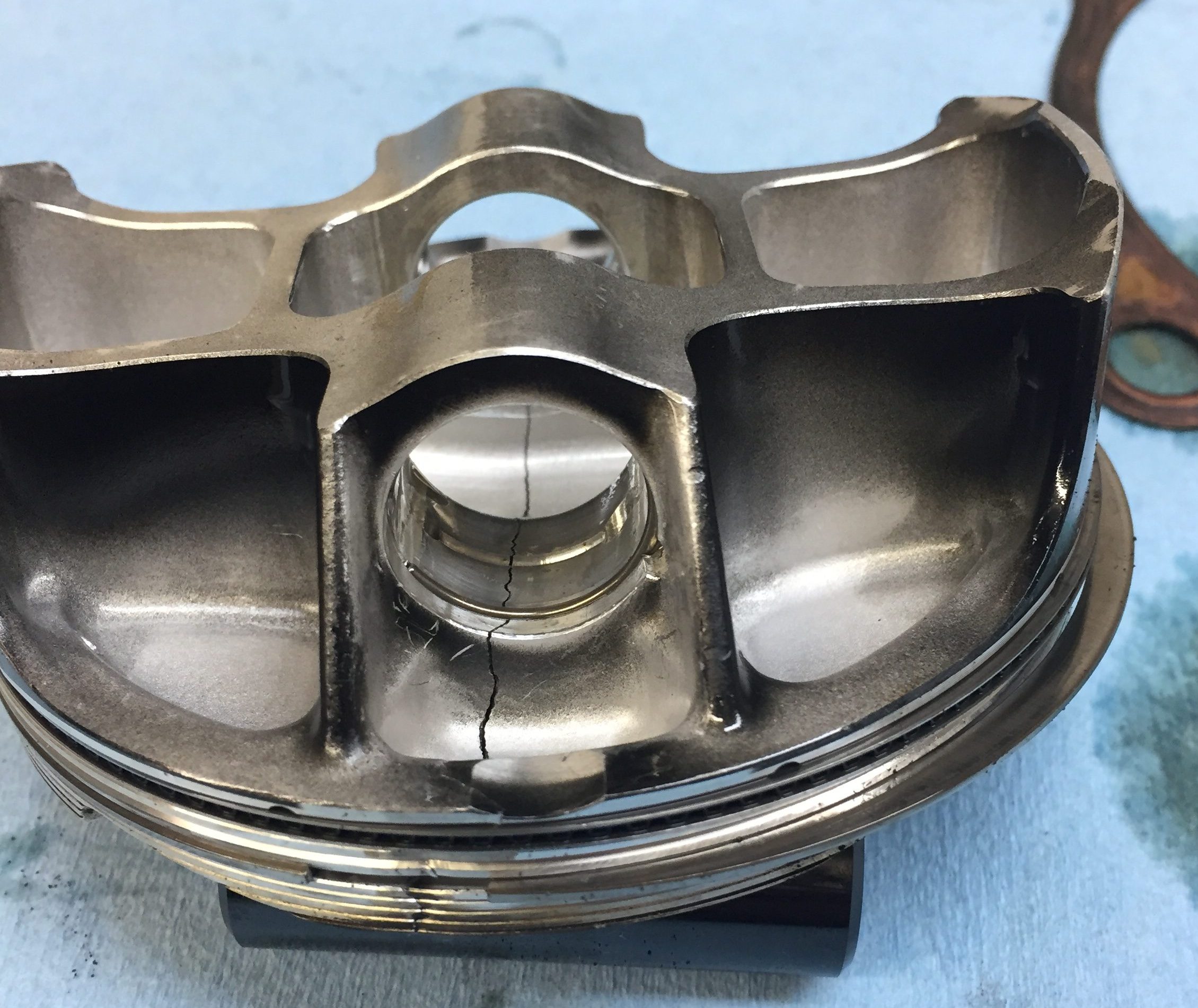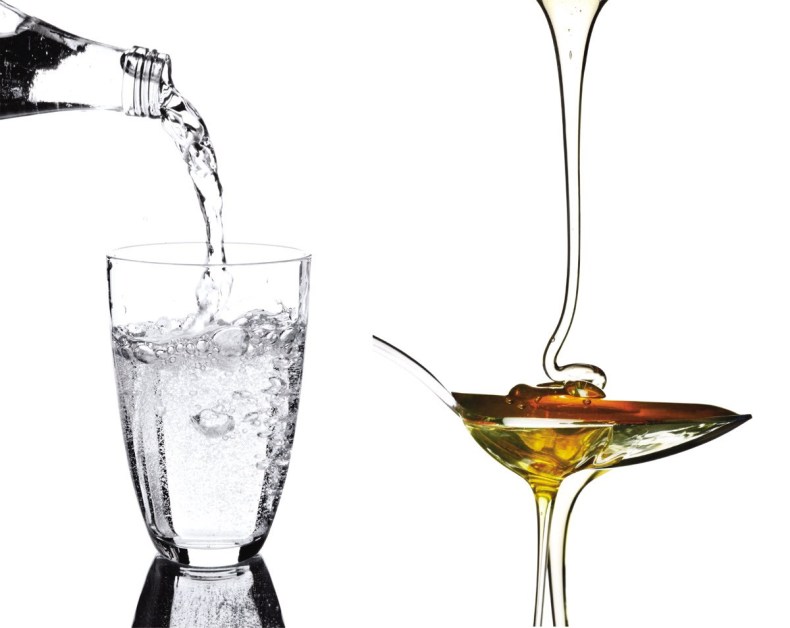The Dynamics of Engine Oil Oxidation John Baker | Aug 7, 2024 10:59 AM You guessed it, the key ingredient to engine oxidation is oxygen. Oxygen comprises about 20 percent of our atmosphere. It’s the third most common element in the universe. Without it we’d all be doomed. And yet too much of it can […]
You are browsing archives for
Tag: engine
How To Fix Motorcycle Engine Pre-Detonat...
How To Fix Motorcycle Engine Knock Your bike can automatically detune its engine, but there’s an easy fix. _by Eddie Hilgendorfen |May 10, 2023 Many modern motorcycles are designed to compensate for low-octane gasoline in an attempt to prevent motorcycle engine knocking. Unfortunately, the technology involved may also cause reduced performance, rough idle or […]
Why Do I Need To Change My Oil?
What Happens to oil Making Me Needing to Change It? Dan McClelland|Jan 07, 2020 8:36 AM Regardless of its quality, every motor oil eventually loses its potency and must be changed to ensure peak engine protection. Let’s take a look at what happens to motor oil over time and why you periodically need to change […]
How Engine Wear & Deposits Kill Horsepow
Common Engine Wear & Deposits Will Kill Horsepower John Baker|Oct 25, 2017 10:48 AM – Posted August 2021 (Sorry Jon – we forgot to post your blog.) Most people equate engine wear and deposits with a sudden, catastrophic engine failure that leaves you stranded alongside the road. In reality, wear and deposits are more likely […]



